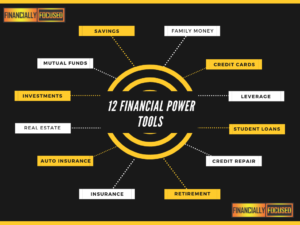When a CEO sells the company stock, should you? What about tracking the company stock buying and selling patterns of the CFO and high ranking board members? This awesome article shares critical factors.
Actions speak louder than words. While business leaders are happy to tell you all the reasons why their stock is a buy, the actions of company insiders can tell a different story about a company’s investment prospects. While individual buys and sells among insiders is not necessarily noteworthy, a major trend in buying or selling by corporate insiders could provide useful insights into the future of the markets.
There are advantages to using insider selling activity to gauge where a stock’s value might be headed, but it’s not a perfect method. Be aware of the disadvantages too.
Advantages
Identifiable trends could indicate how insiders value a stock.
Insiders typically do have better insight.
A trend consistent with other indicators paints a clearer picture.
Reports are public and easily accessible.
Disadvantages
Finding trends requires a lot of timely research.
Even insiders can be wrong.
Insiders might sell (or buy) for a variety of different reasons.
It’s only one piece of information and can be misleading.
Where to Find Insider Transactions
Institutional investors and insiders are required to file SEC Form 4. The Securities and Exchange Commission, or SEC, created forms 3, 4, and 5 specifically for insider and institutional stock trade reporting, as investors in those roles have a much greater opportunity to take advantage of inside information for illegal activity.
Informed investors take the time to review insider trades before pulling the trigger and entering their own buy and sell orders. The more information you have when making investment decisions, the better. The SEC created the EDGAR system to give the public access to a wide range of public reports, including Form 4. In addition, the NASDAQ website offers a search feature where you can find Form 4 filings by company.
For example, a wrestling enthusiast looking to invest in their favorite entertainment company, World Wrestling Entertainment (WWE), can quickly view stock trades by CEO (and occasional star) Vince McMahon and other insiders with a couple of clicks.
Both of these systems should provide the same information, so it is up to you to decide which you prefer when searching for insider transactions.
If investments are important to you, we can help you to make sure when you buy you ask the right questions of your broker (even if it is a robo – investment service) so that you earn more from your portfolio.
Investopedia also adds to the conversation.
KEY TAKEAWAYS
Illegal insider trading occurs when an individual within a company acts on nonpublic information and buys or sells investment securities.
Not all buying or selling by insiders—such as CEOs, CFOs, and other executives—is illegal, and many actions of insiders are disclosed in regulatory filings.
Directors and upper management are not the only people that can be convicted of insider trading; anyone with material nonpublic information can be convicted if they used the information to make illegal profits.
Large companies can have hundreds of insiders, which can make analyzing their buying and selling more difficult.
Sign up to the Financial Mentor Focus program today.


